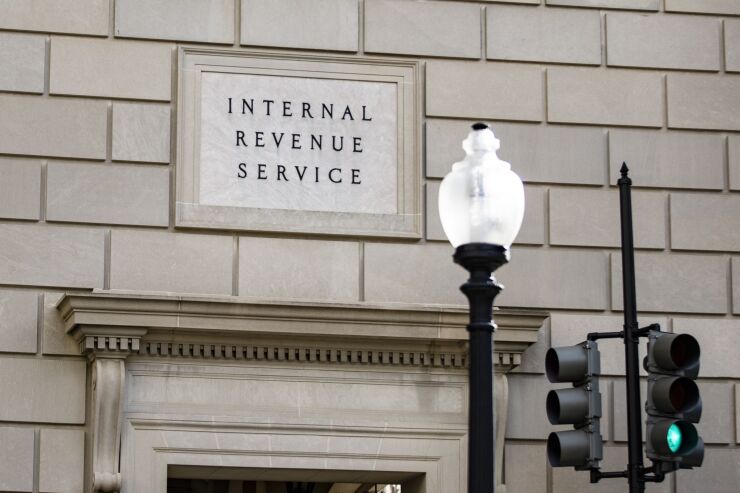The Internal Revenue Service and the Treasury Department issued
The program was part of the Inflation Reduction Act of 2022, and as a result, USDA created the USDA Discrimination Financial Assistance Program. To be eligible to participate, people need to have experienced discrimination by the USDA in its farm lending or be a debtor with assigned or assumed farm-lending debt that was the subject of discrimination.
The program covers discrimination based on race, color or national origin/ethnicity (including status as a member of an Indian tribe); sex, sexual orientation or gender identity; religion; age; marital status; disability; or reprisal or retaliation for prior civil rights activity. More information about the program can be found
Among the questions and answers provided by the Treasury and the IRS on the FAQ page are whether financial assistance payments from the program are includible in gross income for federal income tax purposes. The answer is yes, the payment is includible in gross income.

If a participant in the program hired an attorney to help apply for financial assistance through the program, another question asks whether they can deduct the fees paid to the attorney.
The answer there too is yes. "Fees paid to an attorney in connection with any action involving a claim of unlawful discrimination may be deducted 'above-the-line,' but the deduction is limited to the amount of any payment you received from the program. You can claim this deduction as an adjustment to income on Schedule 1 (Form 1040), line 24h."
Another question asks about whether financial assistance payments through the program are subject to self-employment taxes.
The answer is it depends on the taxpayer's particular facts and circumstances. "For self-employment tax purposes, generally there must be a connection (nexus) between the gross income (here, that is the financial assistance payment you received) and a trade or business that is, or was, carried on," said the IRS. "A trade or business is generally an activity carried on for a livelihood or in good faith to make a profit. The facts and circumstances of each case determine whether an activity is a trade or business. You do not need to make a profit to be in a trade or business as long as you have a profit motive, but you do need to make ongoing efforts to further the interests of your business. Generally, the required nexus exists if it is clear you received the financial assistance payment because of your individual conduct of a trade or business, including if you received the payment as compensation for lost income of a trade or business. You are usually self-employed if you operate your own farm on land you either own or rent."





